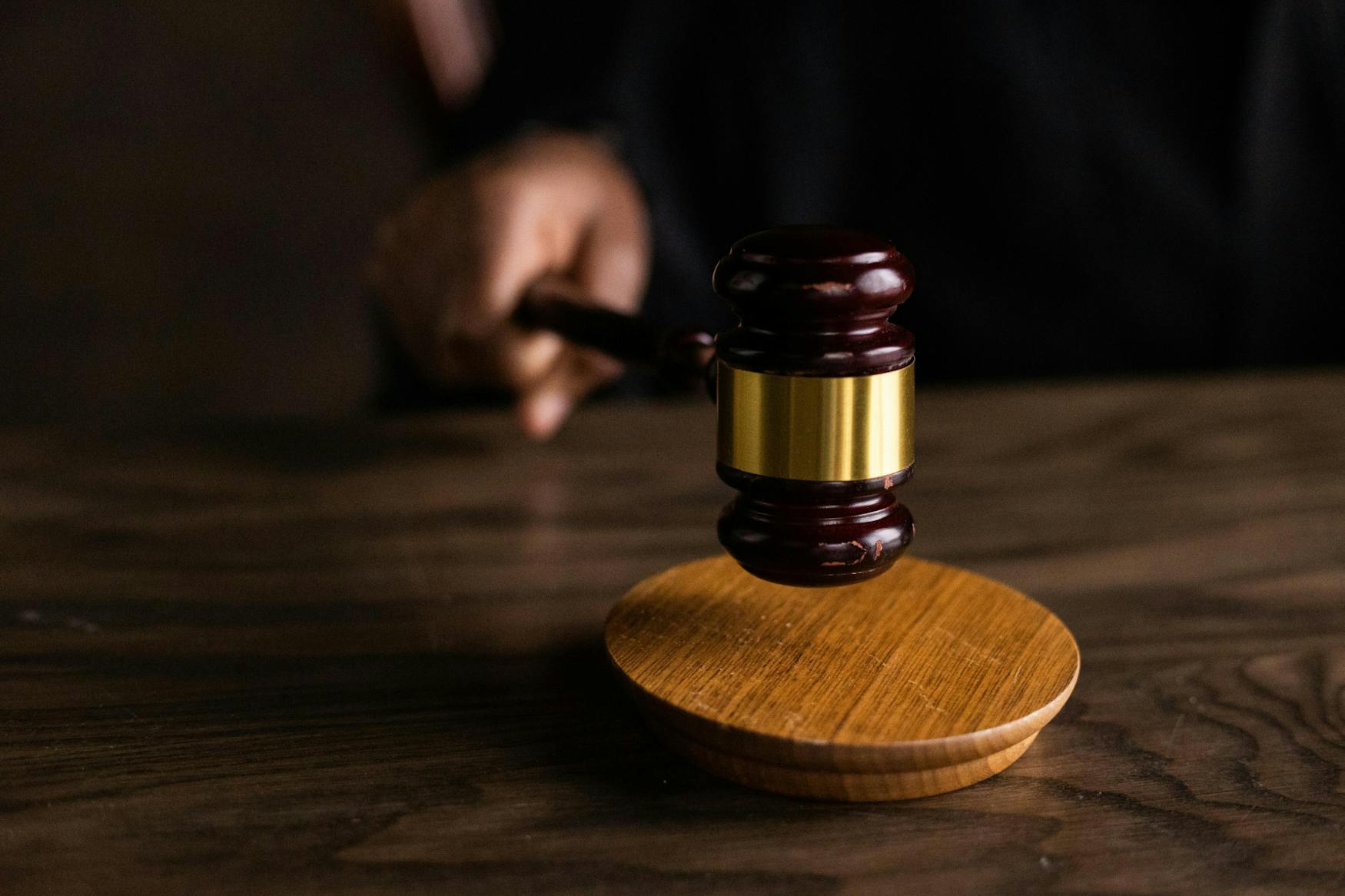Streaming the Verdict: When legal battles become entertainment
Justice has always relied on deliberations, the careful weighing of evidence within the quiet solemnity of the courtroom. However, in the digital age, that silence has been replaced by the roar of timelines and comment sections. Every high-profile case now unfolds in two arenas: one governed by procedure and precedent and the other by pixels, edits and algorithms. The courtroom has become content and the law has become a spectacle. The Johnny Depp and Amber Heard defamation trial in 2022 marked a turning point in this new age of “viral justice.” For weeks, millions tuned in to view livestreams of testimonies, watching cross-examinations like they were episodes of reality television. On TikTok, Instagram and YouTube, fans spliced moments into reaction videos, memes and emotional montages. Depp’s courtroom smirk became a trending sound, Heard’s tears were dissected frame by frame. Complex questions of defamation, abuse and credibility were recast into a binary drama of hero versus villain. By the time the jury returned its verdict, the internet had already declared its own — louder, faster and far more permanent.
In 2023, pop star Lizzo faced her own viral trial after her former tour dancers accused her of harassment and discrimination. The allegations, which remain under legal dispute, instantly spiraled across social media platforms. Opinion statements and fan threads multiplied tenfold overnight, with users offering instant judgements based on a handful of court filings and screenshots. The slow mechanics of employment law — including burden of proof, cross examination, evidentiary review, etc. — were pushed aside by the immediacy of outrage. The frenzy reflected more than fandom but also how celebrity cases quickly transform into moral tests for audiences. Supporters defended Lizzo as a symbol of body positivity and empowerment while critics framed the lawsuit as a reckoning for a culture of unchecked celebrity behavior. In that split, the truth becomes secondary to identity; Which side of the story is aligned with one’s values and biases? The court of law was still preparing to convene while the court of public opinion had already reached a sentence.
The same happened when Cardi B was investigated after she threw a microphone at a fan during a Las Vegas concert. The legal issue itself was minor and no charges were ultimately filed; Nonetheless, it generated weeks of viral debate online. Video clips of the moment were replayed from multiple angles with social media users splitting into mock prosecution and defense camps. What should have been a brief police inquiry morphed into a social media drama complete with narrative arcs and moral verdicts. The investigation became a meme while justice became the punchline. In the end, the spectacle was not about law at all. It was about performance and perception. Even when the courts fell silent, the comment sections kept the trial alive.
These cases show how the digital era has blurred the boundaries between justice and entertainment. Legal proceedings once defined by restraint and decorum now double as mass-media events. The courtroom’s symbols, gavels, oaths and verdicts are repurposed as online theater. The new audience is global, vocal and impatient. What the law requires in time and care the algorithm punishes with boredom. Real justice, unlike social media justice, is unglamorous. It is procedural, patient and often unsatisfying. It cannot be clipped into 15 seconds or decided by trending tags.




Please note All comments are eligible for publication in The Justice.